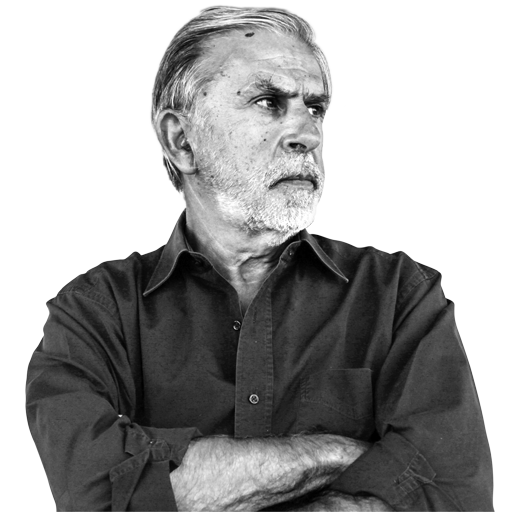The National Health Service has three critical problems. There is a problem of shortage of personnel, there is a problem of excess demand in certain areas, and there is a problem of organization. The shortage of human resources, especially doctors, has a clear reason: the growth of the private health sector. Private hospitals have mushroomed, and it is natural to look for specialists where they are available: the NHS.
They offer them better pay and better working conditions – and doctors and nurses don’t think twice.
To retain or regain them, the state must pay them much more than it pays them and provide them with better working conditions.
Now, this means a huge investment that the budget cannot support.
This is the first blind knot.
In this aspect, former Minister of Health Marta Temido, in collusion with Antonio Costa, made a grave mistake, exacerbating a problem that is no longer easy: she ended the public-private partnership.
These still retain many doctors in the SNS.
If they had continued to exist today, they would certainly be more numerous and there would not have been such a large flight of doctors from one sector to another.
like him…
Marta Temido made a second mistake that is little talked about, but which had disastrous consequences: she ended the recruitment of doctors in hospitals, replacing it with centralized recruitment – and then distributing doctors to units in need.
Now, when doctors were recruited by hospital administration, teams were formed, strong bonds of professional collaboration were established, and there was a tangible expectation of career advancement.
This helped retain doctors and prevent their escape.
Being part of stable teams is very different from moving from one hospital to another.
With the lack of doctors comes the difficulty of scheduling appointments, increasing deadlines for performing surgeries, and dissatisfaction among patients and hospital administrators themselves, who are under enormous pressure.
The entire system began to shake.
Many patients started going to the emergency room unnecessarily: this was a way to solve problems they could not solve otherwise.
Emergencies are beginning to burst at the seams.
It is true that many people, faced with the failure of the social security system, rushed to private hospitals.
But this decrease will be compensated by migrants, who enter the country in an uncontrolled way and fall into the SNS.
Let us now look at the organizational disadvantages.
These are more difficult to achieve.
However, there is a useful objective fact: since 2015, spending has increased enormously (more than 70%, imagine) and the system is working worse.
More money was spent and things got worse.
Moreover: during the Troika period, savings were made in health and I do not remember that there were a tenth of the complaints that we hear today.
They will ask a man named Paulo Macedo, who was a minister at the time, how he accomplished the miracle.
We are facing a very complex equation, and it will not be solved without getting to the root of the problem. The root is that Portugal does not have the necessary conditions to support a universal and free health care system. Other countries would have the potential to do this, but Portugal does not.
It is heresy to say this, but it is a reality, and it is clearly visible today.
I have long written that there is no point in having a free health care system for all.
It is justified that health services should be free for those who cannot pay; But it doesn’t make sense that those who have the means to do so pay nothing or almost nothing.
People with the means go to SNS to take exams that cost hundreds of euros, for which they pay six cents.
I have always been a supporter of user pays.
In fact, “free” services are a mistake, as they are later paid for in taxes.
If people pay for the services provided, health will not be a heavy burden on the public treasury, and there will be better conditions for paying doctors.
The imbalance between the public and private sectors will decrease (as is actually happening in other sectors), and the exodus of doctors that is occurring will not occur.
Consultation and surgery times will improve.
Many people will not rush to the emergency room unnecessarily.
Let’s be logical. Voluntarism, and ideology, were the basis of many of the mistakes made that led to the current pre-chaotic state. If the NHS were free to those in need but paid for by those who can pay, most health problems would be solved – and this would further relieve state coffers, which would not have to bear the current enormous burdens.
And with an advantage for taxpayers.
Anyone who still has doubts, think about this: the creation of SNS aims to give everyone the same conditions in providing health care.
Now, the policies implemented have had exactly the opposite result: they have deepened the gap between the public and private sectors.
As many (and better) doctors left the NHS, quality declined, shortages increased, emergency rooms and services closed – and increasingly healthcare for the rich and healthcare for the poor.
Let us leave aside the ideology that led to this situation.
It’s time to simply be rational.

“Writer. Analyst. Avid travel maven. Devoted twitter guru. Unapologetic pop culture expert. General zombie enthusiast.”

